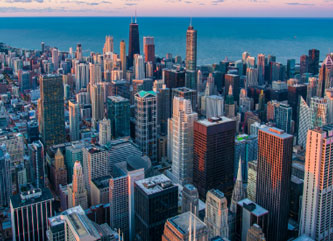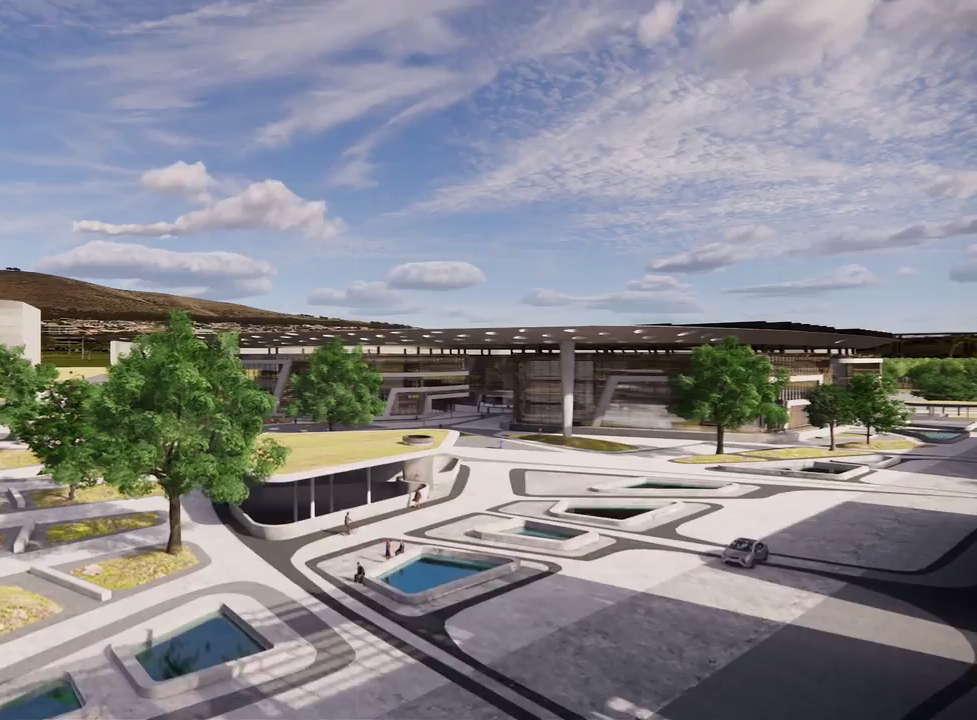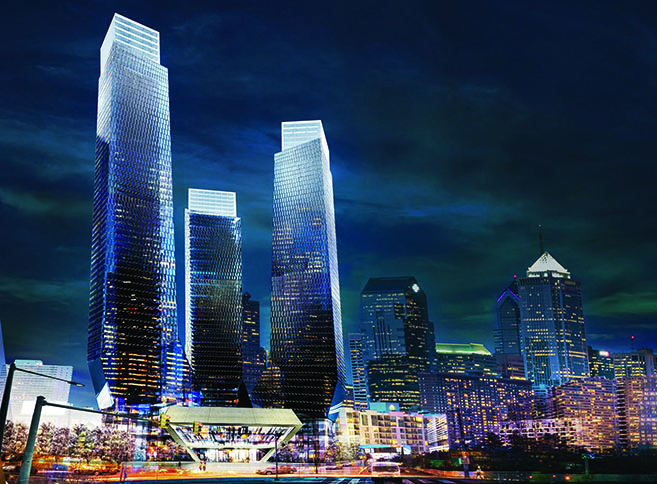
Institute for Smart & Healthy Cities
Transforming Urban Environments
Jefferson’s Institute for Smart & Healthy Cities was created to support the research, innovation, and education that is happening across the university, focusing on transforming urban environments into smart and healthy cities. The institute is conceived as an aggregator and facilitator of transdisciplinary research and education across multiple disciplines, driving the future of our cities and communities. Supported by data and smart technologies, Smart Cities is an emerging paradigm in the development of urban environments in an attempt to build more efficient, healthier, and livable cities.
The Institute for Smart & Healthy Cities is a collaborative effort between the College of Architecture and the Built Environment, College of Population Health, and the Kanbar College of Design, Engineering and Commerce.
Event Highlights Venice Biennale Exhibit 2025
Join us for a special preview of the exhibition INTERSECTIONS: Health, Environment, and Design at the Gutman Library, East Falls Campus – Lower Floor. Be among the first to experience the exhibit inside the Jefferson CAVE, a multi-sided immersive environment that brings the themes of health, sustainability, and human-centered design to life.
Location: Gutman Library, East Falls Campus – Lower Floor
On June 24th, Jefferson hosted an “Intersections: Health, Environment and Design” Symposium in Venice, Italy, as part of the event. Read more about it in the link below.
Grants & Proposals
The Institute supports Jefferson students in advancing innovative research, global collaboration, and community impact. Through a variety of grant opportunities, our community can access resources to bring ideas to life, expand scholarly work, and share knowledge on national and international platforms.
Research Focus
Urban Scale
- Characterize the interrelationship of urbanization, transportation and energy on population health.
- Analyze human behavior changes and the drivers for change though data-driven analysis, modeling, and simulation and visualization.
- Evaluate the research outcomes in statistical models to plan and predict future changes in the domains health, energy and transportation.
Building Scale
- Predict the effects of daylighting and natural ventilation on health outcomes in work, life and healing spaces.
- Develop new concepts for sustainability and net zero energy buildings and predict health benefits.
- Understand human behavior in relationship to building systems, space and environment.
Device Scale
- Characterize the connectivities and interfaces between the built environment and humans.
- Develop human centric building controls and management technology.
- Understand the interconnectivity between health data and environmental data, micro climate and air pollution.



